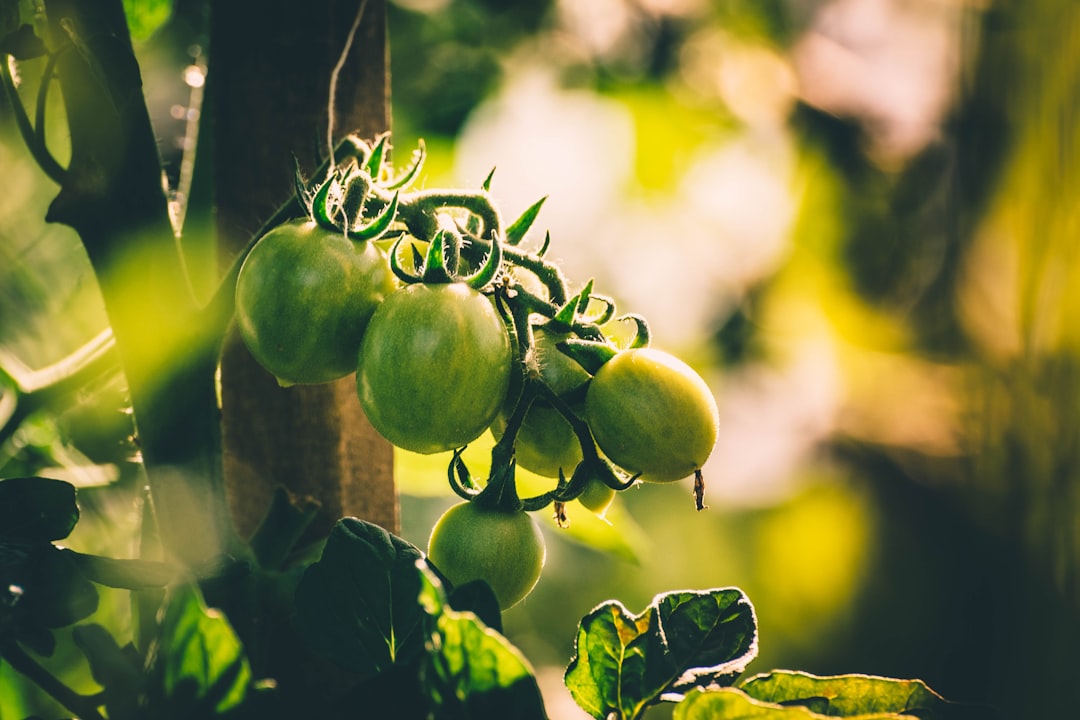Unveiling the Secrets of Coffee Grounds in Garden Pest Control

When it comes to gardening, dealing with pests is an inevitable challenge. One of the common nuisances in the garden is slugs. These slimy creatures can wreak havoc on your precious plants, munching on leaves and leaving a trail of destruction in their wake. However, there's a natural and seemingly simple solution that has gained popularity in recent years: using coffee grounds to keep slugs away. But before you start sprinkling coffee grounds all over your garden, there are several important things you need to know to maximize the benefits.
First and foremost, it's essential to understand why coffee grounds are thought to be effective against slugs. Coffee contains compounds such as caffeine and diterpenes, which are toxic to slugs. When slugs come into contact with coffee grounds, these compounds can irritate their soft bodies, causing them to avoid the area. Additionally, the rough texture of coffee grounds can act as a physical barrier, making it difficult for slugs to move across them.
However, not all coffee grounds are created equal. The type of coffee you use can make a significant difference in its effectiveness. Generally, fresh, used coffee grounds are recommended. Fresh grounds are more potent in terms of their chemical composition, and the used grounds still retain some of the beneficial compounds. Avoid using instant coffee, as it may not have the same concentration of the active ingredients as brewed coffee.
Another crucial factor to consider is the application method. Simply sprinkling coffee grounds randomly around your garden may not yield the best results. Instead, create a barrier around the plants you want to protect. You can do this by spreading a thin layer of coffee grounds in a circle around the base of the plants. Make sure the layer is thick enough to act as a deterrent but not so thick that it smothers the plants. It's also a good idea to re - apply the coffee grounds regularly, especially after heavy rain, as the rain can wash away the grounds and reduce their effectiveness.
It's important to note that while coffee grounds can be effective against slugs, they are not a foolproof solution. Some slugs may still find a way to bypass the coffee ground barrier, especially if they are particularly determined or if the population is large. In such cases, you may need to combine the use of coffee grounds with other pest control methods. For example, you can set up slug traps using beer or create a habitat that is less attractive to slugs, such as removing damp and dark areas where they like to hide.
Furthermore, coffee grounds can have other benefits for your garden beyond slug control. They are a rich source of organic matter and can improve soil structure. When coffee grounds decompose, they release nutrients such as nitrogen, phosphorus, and potassium, which are essential for plant growth. They can also help to increase soil acidity, which is beneficial for acid - loving plants like azaleas and blueberries.
However, there are also some potential drawbacks to using coffee grounds in the garden. If you use too many coffee grounds, they can make the soil too acidic, which may be harmful to some plants. It's important to monitor the soil pH regularly, especially if you are using coffee grounds on a large scale. Additionally, coffee grounds can attract certain pests, such as fruit flies, if they are not properly managed. To avoid this, make sure the coffee grounds are dry before applying them to the garden and keep them away from areas where fruit is present.
In conclusion, using coffee grounds to keep slugs away from your garden can be a natural and effective solution, but it requires careful consideration and proper application. By understanding the science behind it, choosing the right type of coffee grounds, applying them correctly, and being aware of the potential benefits and drawbacks, you can make the most of this simple yet powerful gardening technique. With a little knowledge and effort, you can create a slug - free garden that is healthy and thriving.
When implementing this method, it's also a good idea to conduct some small - scale tests in your garden first. Select a few plants and apply coffee grounds around them, while leaving other plants as a control group. Observe the results over a period of time to see how effective the coffee grounds are in your specific garden environment. This way, you can adjust your approach as needed and ensure that you are getting the best possible results.
Moreover, sharing your experiences with other gardeners can be beneficial. You can join gardening communities, either online or in person, and exchange tips and tricks about using coffee grounds for pest control. You may learn about new techniques or discover that others have faced similar challenges and found solutions that you can apply in your own garden.
Finally, always remember that gardening is a continuous learning process. The effectiveness of coffee grounds in slug control may vary depending on factors such as the type of soil, climate, and the specific species of slugs in your area. By staying informed and being willing to experiment, you can find the best way to use coffee grounds to protect your garden from slugs and enjoy a beautiful and pest - free outdoor space.